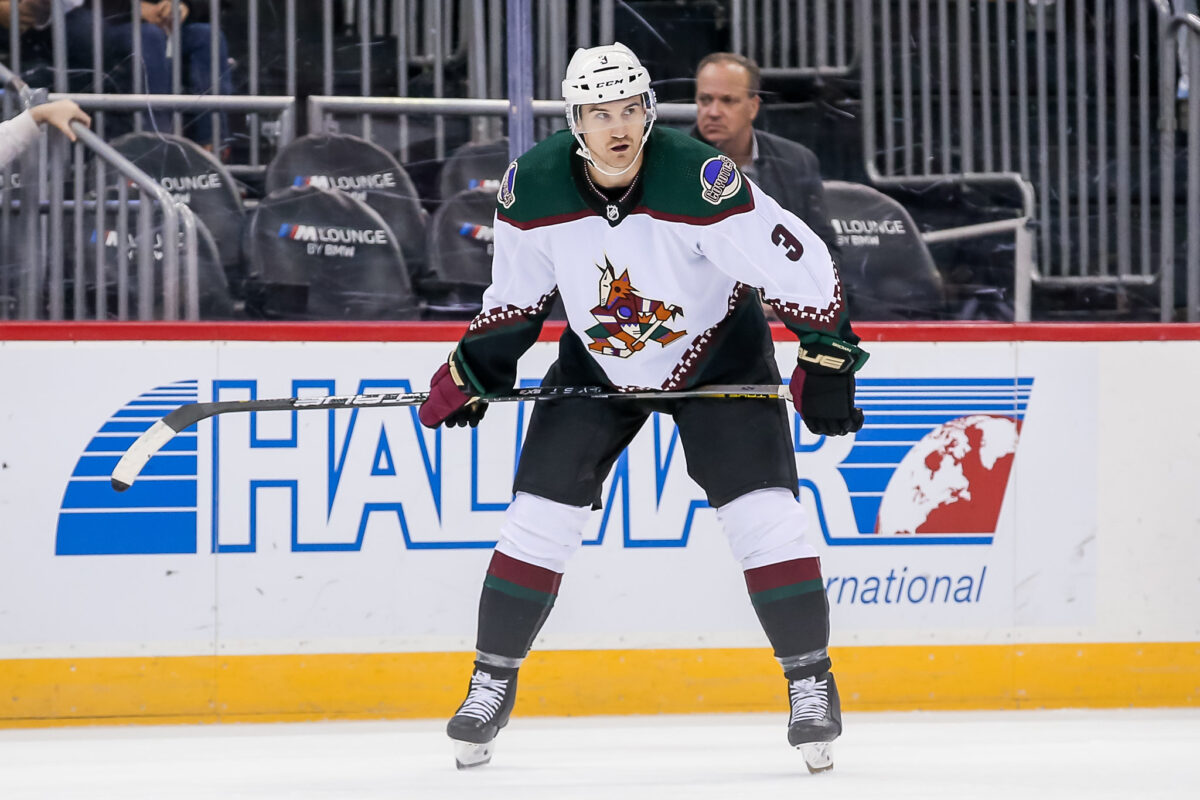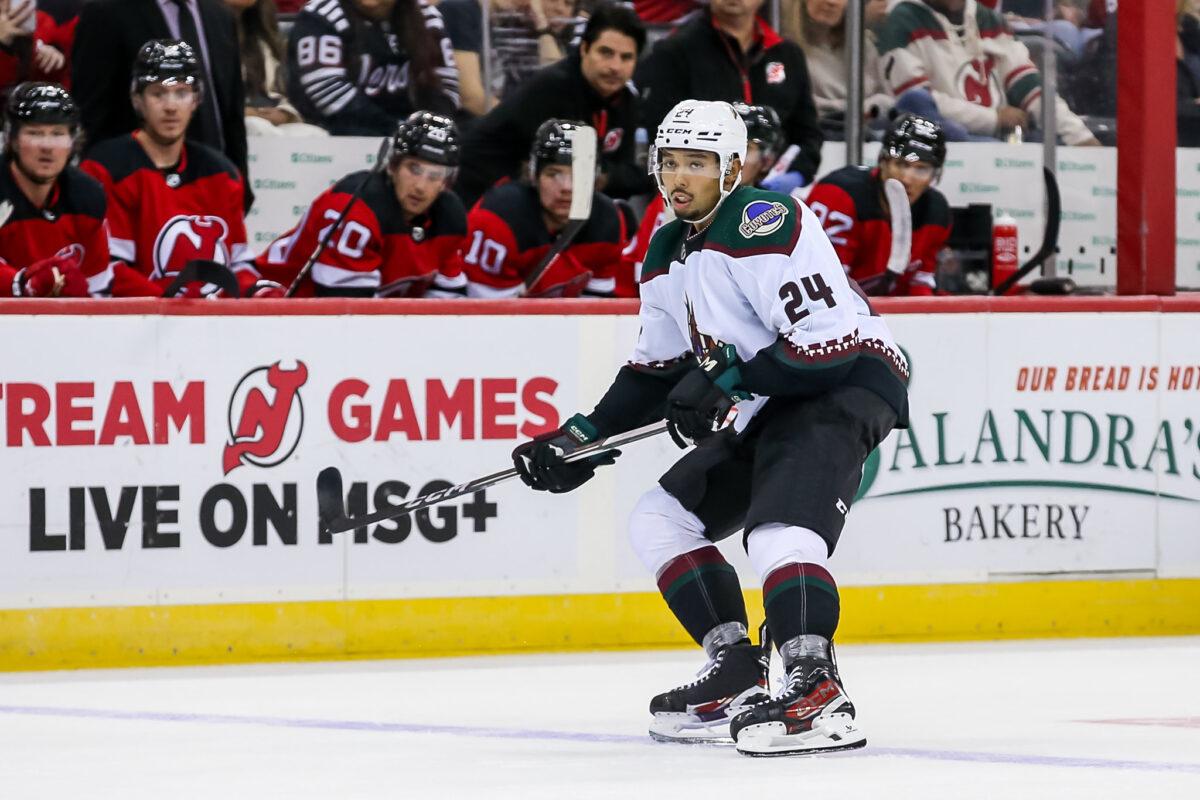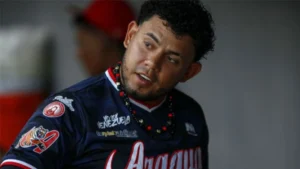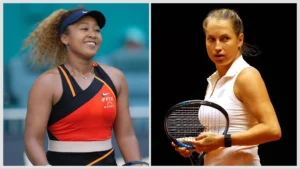The Toronto Maple Leafs have been playing very well lately, and their momentum appears to have been boosted by Morgan Rielly’s five-game ban. In his absence, the club went 5-0 and appeared to be a completely new team. Before the punishment was announced, Maple Leafs supporters were concerned that they would lose their team’s top defenseman for an unknown period of time. They persevered, overcome difficulties, and performed exceptionally well. This implies that Brad Treliving should reward the club.
There has been a lot of chatter surrounding Chris Tanev, the Calgary Flames’ top defenseman target. This makes sense; Treliving was the Flames’ general manager (GM), so the familiarity exists. However, this carries the danger of being unable to re-sign him. Should Treliving give up assets for a possible rental? Most Leafs fans would say no. I’d have to agree, but if they do, I’d recommend giving up less to get the best talented defenseman you can. The Maple Leafs and Arizona Coyotes make sense as trading partners before or before the NHL trading Deadline on March 8, 2024. Let’s take a look at some Coyotes players who would be good fits for Toronto.
Josh Brown
Josh Brown is a player I’ve been asking for over the last few seasons. He may not be the most well-known player or even a bottom-pairing defenseman, but he plays in a similar style to fan favorite Simon Benoit. Which would benefit the Maple Leafs. When they lost Luke Schenn to the Nashville Predators in free agency, the gritty, physical defenseman was missing once more. This season, Benot has taken on that position and done an excellent job. They need to add another player who can hit, block shots, play on the penalty kill, and isn’t scared to fight, which would be Brown. Treliving is known for building a strong defensive core, so it wouldn’t be surprising if they hadn’t already scouted him.
This season, Brown has 53 hits and 53 blocks in 31 games. He hasn’t been a regular in the Coyotes’ lineup, but when he does play, he throws the body and gets into shooting lanes. Maple Leafs fans understand the importance of physicality and grit in the playoffs; it not only affects how the game is played, but it also gives your team energy throughout the series. Brown, who stands 6-foot-5 and weighs 220 pounds, can contribute to the lineup, especially since Toronto’s line is rather weak beyond the first two pairings. Jake McCabe is paired with Benoit, T.J. Brodie, and Timothy Liljegren, who have all improved their seasons after being paired together. This leaves Morgan Rielly without a regular partner in Mark Giordano, who has declined to play this season and is away from the team due to his father’s death. The depth defense of William Lagesson and Max Lajoie has been effective but lacks tenacity.
Brown might slide in as the seventh blue-liner and, due to his style of play, end up as a last-pairing regular in the playoffs. Brown’s asking price would also be reasonable. I checked up with Haynes Evans of the Coyotes writing staff at the Hockey Writers Association, and he confirmed that the request would be reasonable. Evans feels that Lagesson and a 2024 seventh-round draft pick might be traded to obtain Brown from Arizona. Brown would therefore replace Lagesson on the roster as the seventh defender, with the seventh-round pick expendable.
Matt Dumba
Matt Dumba is another player that I believe the Maple Leafs should have targeted in the past. They had a chance this offseason but went with John Klingberg, who was eventually sidelined for the rest of the season due to a hip injury. Dumba has signed a one-year contract with the Coyotes and will be traded before the deadline, so the door is still open for them to acquire him. He is the player who comes to mind when you consider what was written earlier in this article: “I’d suggest giving up less to bring in the most talented defenceman you can.” Dumba may not have all the bells and whistles that Tanev does, but he does the most of them very well. Furthermore, he is a right-handed shot, which means he may play with Rielly and provide him with a potential re-signing partner.
The 29-year-old would also provide the physical aspect that the Maple Leafs’ blue line could use. In 52 games, he has 78 blocks and 134 hits, averaging two and a half a game. His 134 hits are just two shy of his career high (136), set in 2017-18, when he featured in all 82 games. He is on track for 211 hits this season, which is a massive number and would put him at the top in the NHL. Dumba has a history of scoring points; during the 2017-18 season, he posted a career-high 50 points, although he has since averaged 20-30. He has nine points this season, but he is on a new team and system, so he may not be used as often as he has in the past with the Minnesota Wild.
In terms of a viable deal, I spoke with Evans of the Coyotes writing staff, who hinted that the asking price may not be as high as many believe. He predicted that Dumba will go for a third-round pick, depending on salary retention. His current cap hit is $3.9 million for the rest of the season, but the Maple Leafs only have $2.1 million in deadline cap space. This will change when Joseph Woll returns from his conditioning stint with the Toronto Marlies of the American Hockey League (AHL). This implies that the Coyotes must keep a roster member, while the Maple Leafs must trade one or locate a third-party broker.
Toronto Maple Leafs receive Matt Dumba (50% retained) and a 2025 sixth-round pick from Chicago.
The Arizona Coyotes receive the 2024 third round pick (NYI), the 2025 sixth round pick (TOR), and 25% of Dumba’s cap hit ($975,000).
Chicago Blackhawks get Conor Timmins and 25% of Dumba’s cap hit ($975,000).
To make this work, I would advise that the Maple Leafs trade Conor Timmins, who is bound to a $1.1 million salary for the rest of this season and next. However, not to the Coyotes, where he began his career. The trade would fail, as illustrated above. This allows Timmons to play as an everyday defenseman and removes his $1.1 million cap burden from the Maple Leafs’ books. Finally, it decreases Dumba’s cap cost to $1.9 million, which is eminently manageable for the Maple Leafs. Treliving should then offer Dumba a $3.5 million contract extension for three seasons, ending his rental status and giving Rielly a partner for the next three seasons.
The Maple Leafs require a right-handed defenceman to complement Rielly, and Dumba fills that role. They also need another big-bodied depth defenseman, which Brown can provide. Doesn’t it make perfect sense for these teams to collaborate on a deadline deal? It also does not significantly disrupt the team’s chemistry, which is important given how well the Maple Leafs have been performing.







